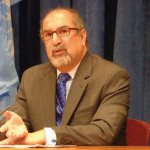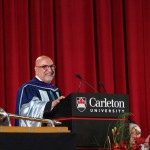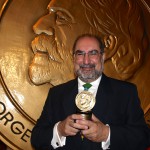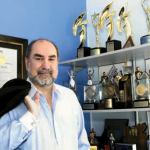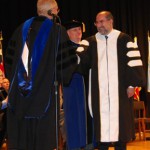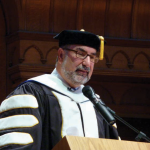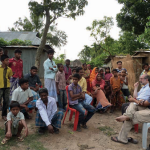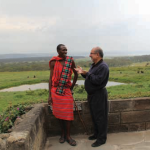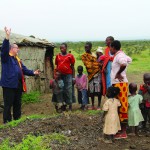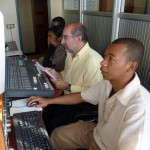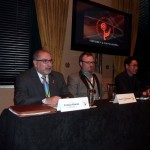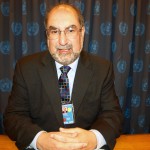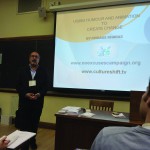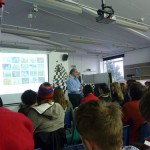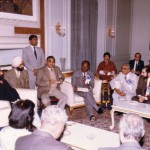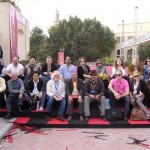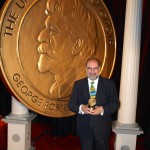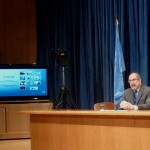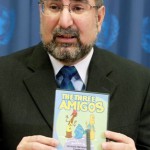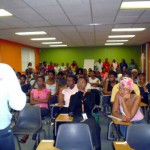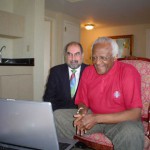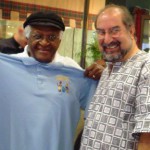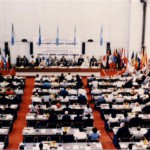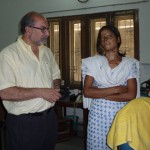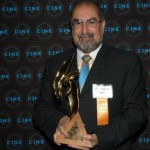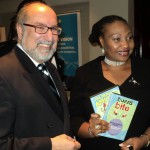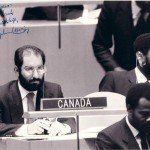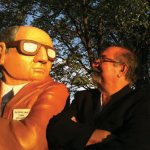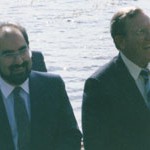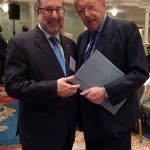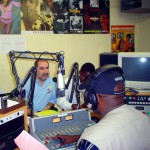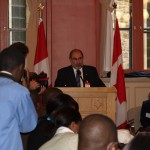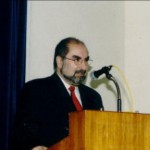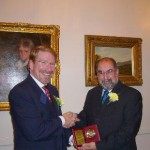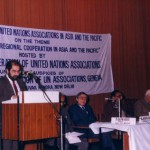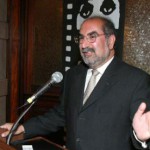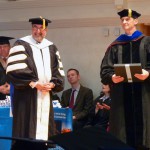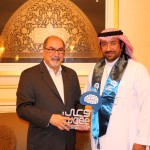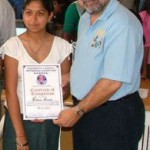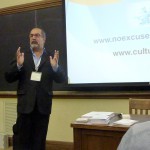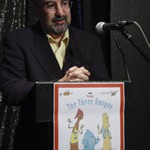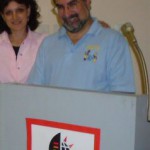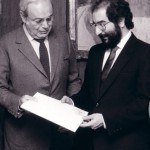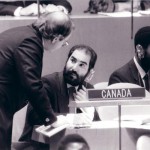About Us
ABOUT CHOCOLATE MOOSE MEDIA
Chocolate Moose Media is an animation and documentary creator specializing in social and behaviour change media productions to better the human condition
Established in 1995, we create media through an international production process from our base in Ottawa, Canada
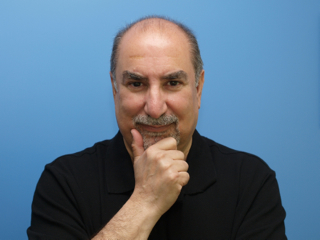
Firdaus Kharas
Firdaus Kharas – Founder & Chairman
Firdaus Kharas, OC, FRSA, DHum (hc), LLD (hc) is a world-renowned creator of mass communications, author, speaker and thought leader on creativity and communications. He is a global leader in using animation for social change. He is the author of an upcoming book on creativity.
His work focuses on creating innovative solutions for some of the world’s toughest issues by affecting societal and individual behavioral change through human-centered communications across many cultures and countries to better the human condition.
ISSUES IMPACTED
Firdaus Kharas has created for impact 80 animated and live action series, several documentaries, and hundreds of hours of live action television series, each on different topics, including:
Capacity building: Using creativity, producing mass communications, types of animation, animation production, documentary production, media distribution, overcoming barriers to communications, community support engagement
Culture: Preservation of culture, especially in Africa, the Middle East and Asia; African folktales
Education: Early childhood and middle children’s education, early childhood education and values, education in languages, education for refugee children, street children, children at risk, training in mass communications, literacy promotion, cyber-security
Environment: Conservation, kindness to animals, interaction with nature, climate change, water management, solar power, promoting biodiversity, sustainable energy for all
Governance: Universal values, human rights, children’s rights under the international convention, rights of children with diabetes, emergency and disaster preparedness, engaging women in the peace process, following laws, voting promotion
Health: COVID-19 vaccines, COVID-19 understanding and prevention, stigma felt by COVID-19 healthcare workers, Ebola containment and prevention, HIV/AIDS prevention, HIV/AIDS education, malaria prevention, polio eradication, clean energy, solar energy, Type 1 diabetes, caregivers to people with dementia, research on dementia, Vitamin A deficiency, immunizations and vaccinations promotion, liver disease prevention, dangers of asbestos, asbestos eradication, migraine disease, migraine disease workplace changes, obesity in children, stigma against Ebola survivors, hypertension during pregnancy, Guinea Worm eradication, Plague prevention, Zika prevention
Housing: Housing options, safety in housing
Human Rights: Universal rights, children’s rights, racial discrimination, racism, becoming anti-racist, rights of children with Type 1 diabetes, gender-based rights, sexual violence, long lasting effects of rape, sexual harassment, sexual harassment within churches, physical violence amongst teenagers, interacting with the police, child refugee claimants, child camel jockeys
Maternal health: Pregnancy, infant mortality and health, health from pregnancy through the first 100 days of life, safe births, universal birth registration
Migration/Refugees: Building support for refugees, understanding and accepting refugees, definition and causes of refugees, child refugees, refugee application and adjudication systems, refugees rights and responsibilities, first 90 days after arrival, refugee re-settlement, displaced persons, asylum determination, causes of refugees, refugee camps, legal rights of refugees (human rights, education, medical, housing, employment), safe spaces for refugees, anti-fraud education, cultural orientation for refugees, reducing violence amongst refugees
Universal Values: Anti-racism, gender equality, honesty, anti-bullying, cultural tolerance, attitudes towards victims of rape
Violence: Violence against children, violence amongst teenagers, rape within families and conflict situations, various forms of sexual abuse, using culture as a justification for violence, perceived right to commit violence within families, gender-related violence, attitudes towards rape victims, how to interact with the police, exploitation of children.
Work
- Creator of two animated videos on housing options and safety at home for newcomers.
- Creator of two documentary shorts related to people living with dementia.
-
Director and Executive Producer of a series of 4 animated shorts entitled Becoming Anti-Racist
-
Creator of a video on hypertension among pregnant women in Africa
-
Creator and Director of a video on the stigma felt by COVD-19 healthcare workers in the Middle East
-
Director of a video on emergency preparedness in California
-
Director of a video on how to interact with the police in the United States
- Creator and Director of a video for refugees on COVID-19 virus understanding and prevention
- Director of an animated video on the effects of rape on women in Africa, A Plea To My Father
- Director of an animated video on sexual harassment within churches worldwide
- Director of several videos and audio podcasts on the United States refugee system
- Creator and Director of three animated shorts to build awareness of migraines
- Creator and Director of two animated videos on issues faced by teen-aged refugees in Ecuador
- Creator and Director of two animated videos on the dangers of asbestos
- Co-Creator and Director of three animated videos on Ebola containment, prevention and stigma
- Creator and Director of an animated video on global Polio vaccination
- Creator of a series on the rights of children with diabetes
- Creator of an animated series on values for young children
- Creator of a whiteboard animated video on violence against children and young women in Malawi
- Creator of The Solar Campaign designed to get people without electricity to switch from harmful sources of light like burning kerosene to clean solar lights
- Director of a documentary on women from conflict zones
- Co-producer and Director of two animated shorts designed to encourage universal birth registration
- Creator of No Excuses, an animated campaign to prevent domestic violence throughout the world (launched at the United Nations in New York, USA)
- Producer of the iconic television series George of the Jungle (distributed by DreamWorks)
- Director of No Thanks, We’re Fine, two videos for caregivers to people with dementia
- Creator and Director of Nature For All, an animated video designed to get people to interact with nature
- Audio Producer for the pre-school series Ella Bella Bingo
- Producer and Director of Pedro: A Child Without A Country, a documentary on an unaccompanied child refugee claimant going through the Canadian refugee determination system.
- Director of The Three Amigos, an animated series to combat the spread of HIV/AIDS
- Creator of Buzz and Bite, an animated series to prevent malaria infection
- A series of individual documentaries on Canadian children at risk
- Creator of Nan and Lili, the 300-episode first animated pre-school series in Arabic
- Director of Magic Cellar, the first animated series based on African culture
- Executive Producer of Honk, Toot and Swo-Swoosh, the early learning pre-school children’s series
Dedicated to capacity building
For over 28 years Firdaus Kharas has been committed to improving the skills of media professionals around the world sharing his expertise, pro bono, via workshops, seminars and multi-month courses, particularly in Asia and Africa. Kharas’ commitment to sharing his vision and methodology also includes meeting with students, lecturing on mass communication, and speaking at festivals of film and television.
Kharas’ humanitarian work in countries other than his own includes organizing and leading a multi-faceted program in South Africa to train South Africans in producing, writing and animating. This capacity-building training aims to create a vibrant long-form animation industry capable of world-class story-telling.
198 countries, over 500 language versions, 4,000+ productions with over a billion viewers
Firdaus Kharas began creating media in 1995, founding Chocolate Moose Media, a hybrid social enterprise making for-profit television series and not-for-profit media campaigns. He also established television production companies in Canada and in Asia including partnerships with the Royal Family of Malaysia, the News Corporation and UTV of India.
To date Kharas has created, directed and produced over 4,000 animated behavior change communications shorts. The animations have been seen by 198 countries, adapted into over 500 language versions, reaching more than a billion people in their own language. Wishing only to positively influence viewers, Kharas distributes his campaigns free of charge to any requester located anywhere in the world. “I’m just trying to make a small contribution”, said Kharas to the Globe and Mail.
Kharas’ firsts in long-form television include the:
- First pre-school animated series in Arabic
- First animated series based on African culture
- First animated pre-school series in Holland
- First English-language daily hour-long drama in Asia
Media
Firdaus Kharas is profiled in several publications including in many articles and Canadian Who’s Who.
He has been profiled over 500 times by the world’s press, from The New Yorker, Reader’s Digest, MacLean’s and The Atlantic magazines to Rush Limbaugh’s radio show and dozens of other media around the world in several languages. His methods, particularly his methodology of linguistic adaptation and ability to create mass communication across cultural boundaries have regularly been the subject of academic study by students. Kharas and his work are noted in many books and publications and his work is in the permanent collection of several museums including the Smithsonian Institution, the world’s largest.
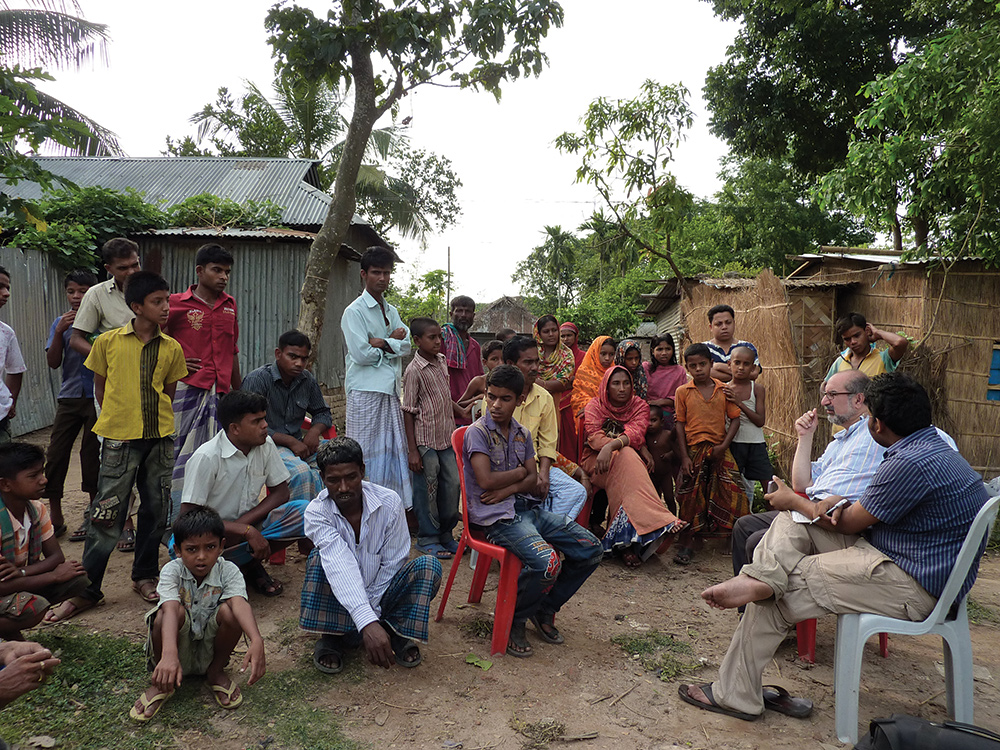
Hands on, in-country
Firdaus Kharas has been instrumental in strengthening the media industries in Holland, India, Malaysia, Singapore and South Africa, by creating original television series in each of those countries and by training thousands of media professionals on his projects. Kharas has conducted in-country research for his humanitarian projects including talking to hundreds of mass rape victims, children’s rights activists, torture survivors, and doctors in small villages coping with epidemics. He has visited animation studios in Asia, war zones in Central America, refugee camps in South-East Asia, and medical facilities, NGOs, and youth centers in Europe, Africa and Asia.
Kharas’ campaigns can be found in 390 language versions to date on the internet, including on the UN’s YouTube Channel. He has also appeared on television shows and radio programs in every continent.
Promoting policies of change
A member of several high level Canadian trade missions, Kharas has discussed broadcasting and content policies with foreign government Ministers and senior officials from around the world. Kharas was instrumental in impetus for film and television co-production treaties between Canada and South Africa, Singapore and India.
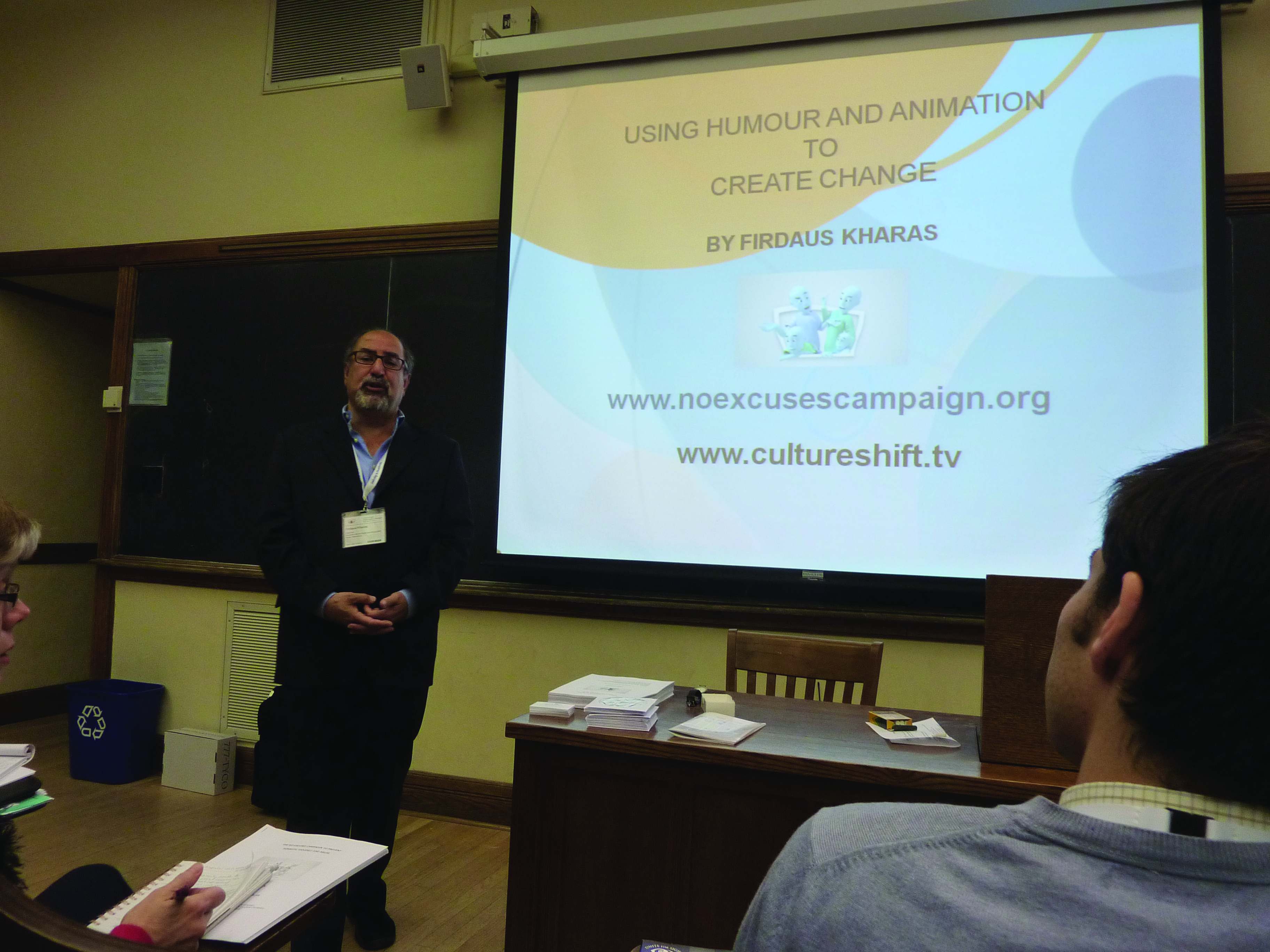
Education
In addition to honorary doctorates, Firdaus Kharas has earned nine degrees and certificates from eight educational institutions including:
- American University, USA
- Carleton University (Norman Paterson School of International Affairs), Canada
- Harvard University (Kennedy School of Government), USA
- London School of Economics (LSE), UK
- Stanford University (Center for Social Innovation, Graduate School of Business), USA
- Thiel College, Pennsylvania, USA
- University of Ottawa (MBA and Law faculties), Canada
- Waterloo University, (School of Peace Research), Canada
Early life
Firdaus Kharas was born in Calcutta, India during its most turbulent period of social upheaval. He was first introduced to progressive causes by his mother who taught him the realities of disenfranchised people and at the age of eight was taken to Mother Teresa’s Home for the Dying. Kharas’ love for creative content began as a young boy when he started writing plays and acting in school productions. Not only a creative but also an intellectual, at age 17 he was the first recipient of the Rotary Club of Bombay’s international exchange-student scholarship.
Firdaus Kharas has been a Canadian citizen for over 40 years.
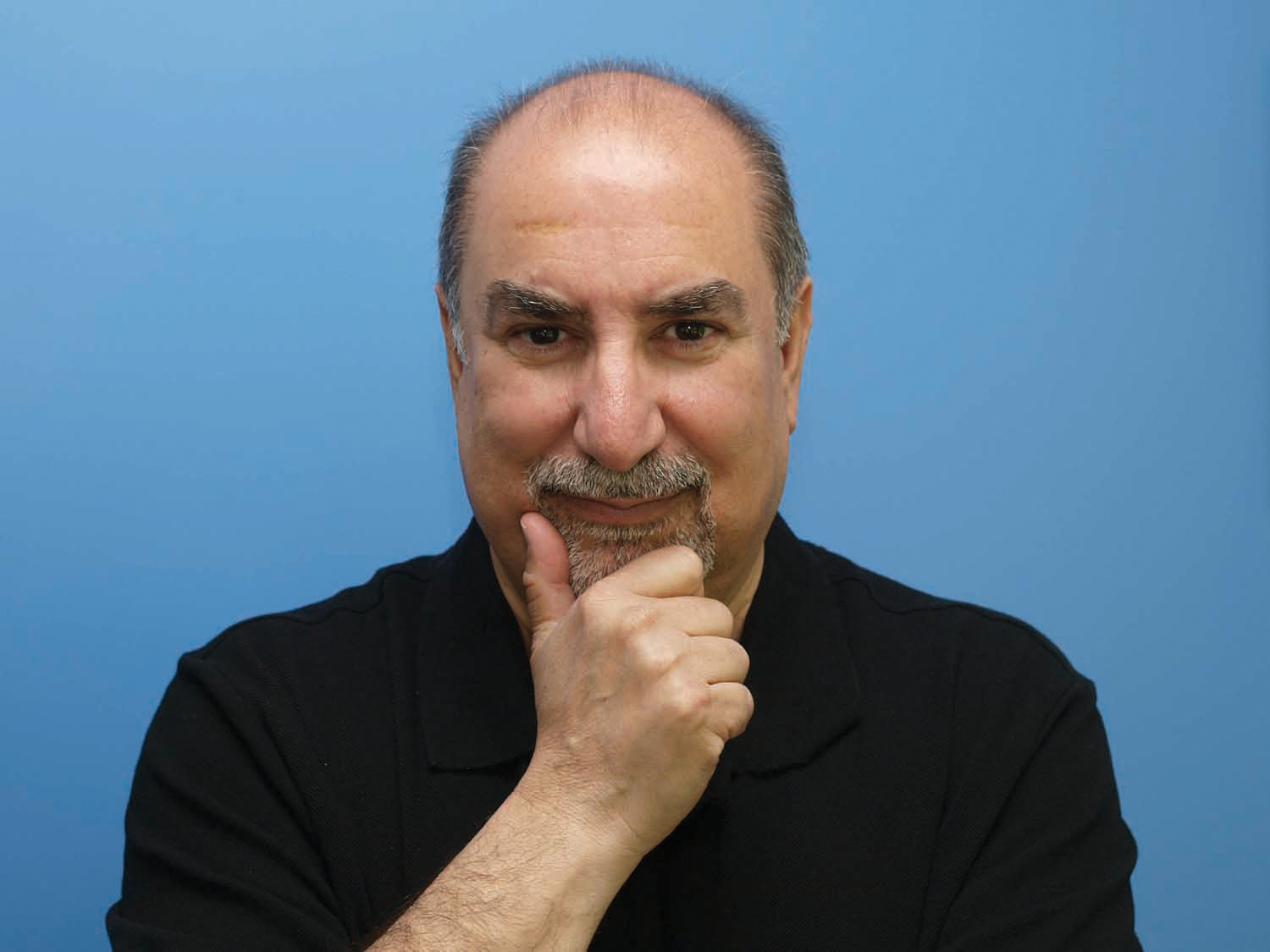
Before mass media
Prior to his present work in media content, Firdaus Kharas was Executive Director of the United Nations Association in Canada where, for his work he was awarded a United Nations Peace Medal by then UN Secretary-General Javier Perez de Cuellar. His focus then turned to refugees and he served as policy adviser to the Honourable Barbara McDougall, Canada’s Minister of Employment and Immigration, before being appointed Assistant Deputy Chairman of the Immigration and Refugee Board, where his mandate was the help clear up the backlog of more than 121,000 refugee claimants from 115 countries. In 1995 his desire to impact social problems drew him into the private sector, into media.
A published author
Firdaus Kharas authored a book on creativity published globally in 2020. Kharas has published over twenty widely-distributed papers and articles on international issues such as using mass communications, disarmament, development, international finance, and strengthening the UN system. He has also consulted to global corporations and the governments of developing countries such as Togo, and wrote a widely-used manual on Canadian immigration.

